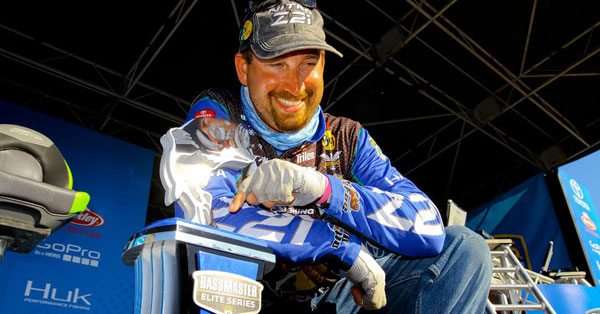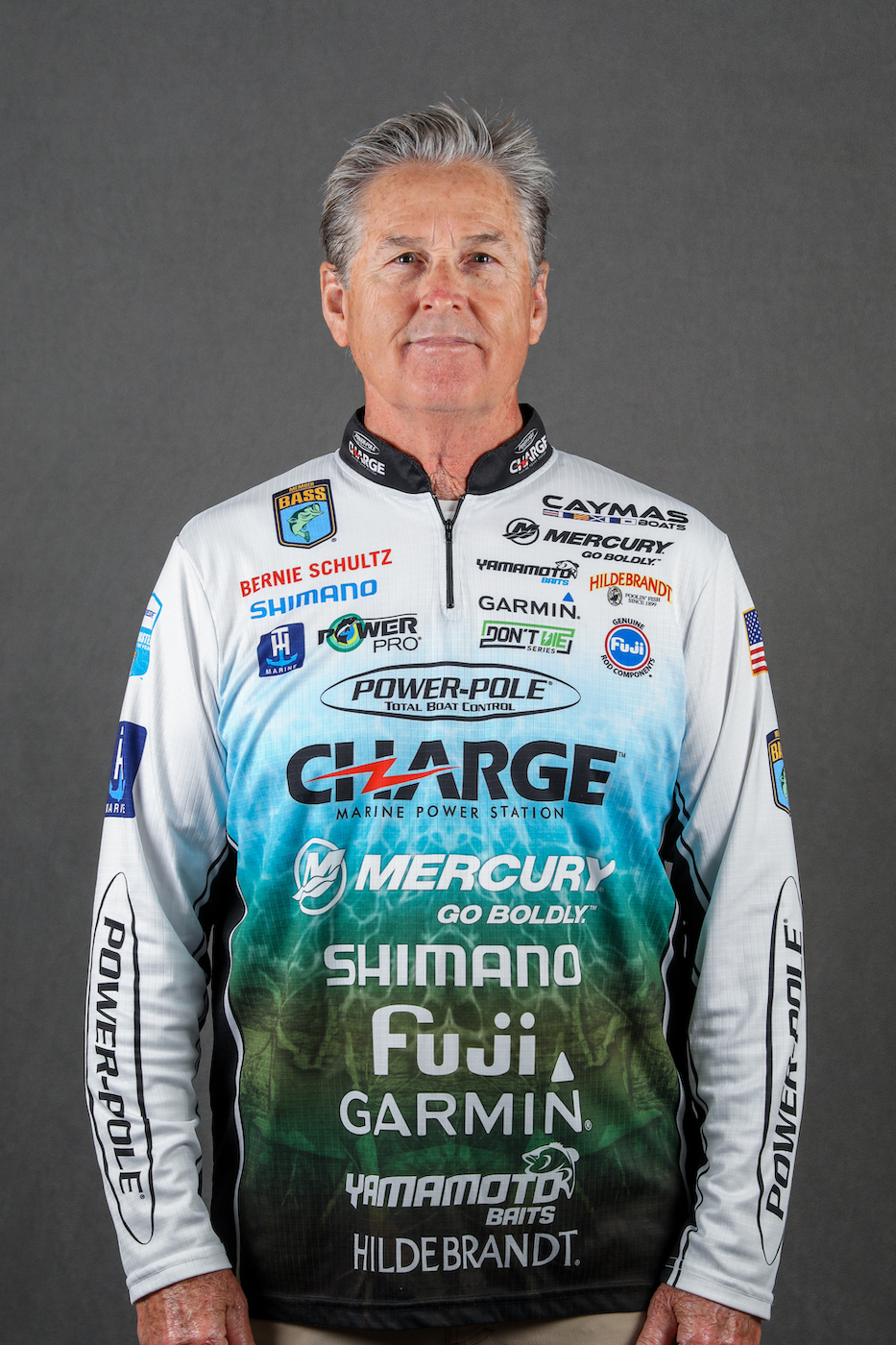
In part 1 of this series, we covered the basics for creating a good résumé and cover letter. In part 2, we heard from several prominent pro staff managers on the dos and don’ts of approaching sponsors.
In this third and final installment, I would like to share a few horror stories of pros who blew opportunities with key sponsors — epic failures by competitors who should have known better.
There’s a valuable message to be gained from each of these accounts.
A slight miscalculation
Ron Colby, VP of operations for Gary Yamamoto Custom Baits, shares a story that’s so ill-informed it’s actually humorous.
One day, while working through some projects at work, Colby’s phone rang. On the other end was an accomplished pro seeking support for his television show. After a brief exchange of pleasantries, the angler quickly went into his pitch of how his show was different from all the others and how many more people it reached.
“We’re in 383 million households!” the angler proclaimed. “And growing!”
Cool and collected, Colby paused for a minute then asked, “You do realize that there are only 126 million households in the entire country, don’t you?”
The phone went dead — as did the conversation — and any chance for that pro to secure a sponsorship with Gary Yamamoto Custom Baits.
A late substitution
Colby shares another exchange — one that involved a younger pro seeking sponsorship. This pro’s demise, however, resulted from the influence of an unwelcome third party.
After winning a major tournament using a Senko, Colby called to congratulate the angler and thank him for using their product. During the conversation, the angler asked about sponsorship … to which Colby was receptive.
As the dialogue progressed over the next week or so, the two were close to cutting a deal. Then Colby received “an awkward call” from the angler’s newly hired agent. That’s when things came to a screeching halt.
“This ‘agent’ told me I’d be dealing with him instead of the angler. I guess that’s the way they wanted it since I could no longer reach the angler. It was an immediate turn-off,” confides Colby. “The dialogue had been progressing nicely until the agent stepped in. Instead of finalizing a deal that had already been agreed to in principal, they put new demands on the table. Once that happened, the deal was dead.”
Branding badly
Another epic fail came when a former pro was being interviewed on stage during the weigh-in of a major B.A.S.S. event.
Going into the final day, the pro was in contention to win. And things were going really well … right up until it was time to head in. That’s when he experienced an equipment failure and was late for check-in.
It cost him a high finish — maybe even the win.
Realizing the situation, the emcee dug for an emotional response … and he got one. Unfortunately, it wasn’t the right one.
Rather than handling things professionally, the pro went into a tirade, blaming his outboard sponsor for costing him the victory. His comments were so glaring and negative, by the time he left the stage, his sponsorship was gone … and with it, any chance at a meaningful career as a professional angler.
Despite his talent as a fisherman, he hasn’t competed in a top-level pro event in more than 20 years because he was never able to develop solid sponsor relationships.
Sponsorships summary
So, by now, the message should be clear. There is much more to securing sponsorships than simply catching fish. Sponsorships are relationships. And like any relationship, making it work requires a full commitment of your time, energy and resources. Beyond that, it’s about loyalty and doing the right thing.
You won’t always be in a position to promote a sponsor’s brand or product line. But when you are, you need to make the very most of the opportunity. After all, it’s what you’re willing to put in that will determine what you receive in return.
And remember to be factual in your claims. Misrepresenting yourself or your reach will only get you in trouble. Be professional, and above all, be honest. That approach, along with time on the water, will lead to good things. I promise.

